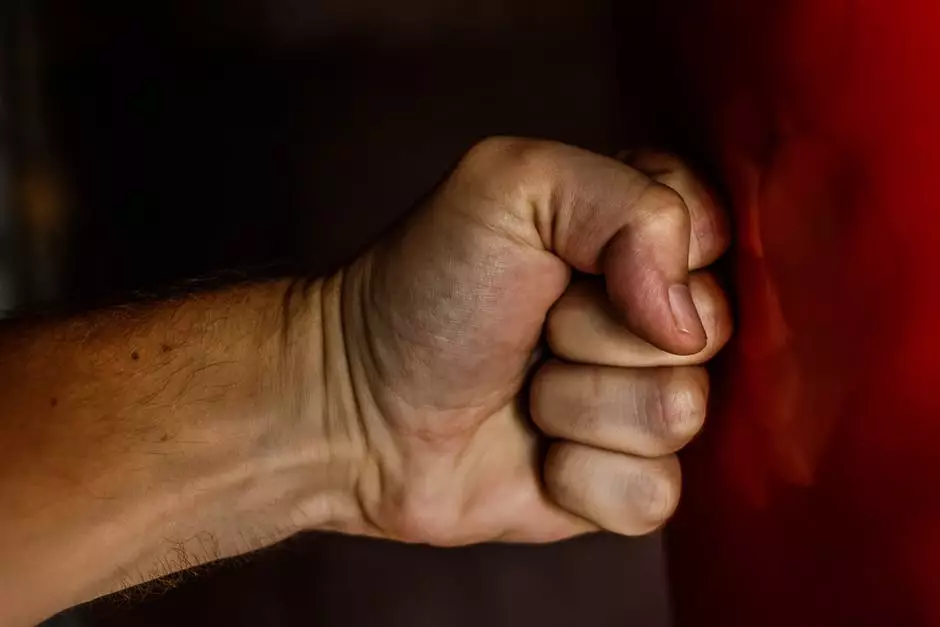As research continues into the world of addiction, mental health and their interrelationship, new possible pathways for treatment of both continue present promise for the future of successful therapy and that can help people suffering regain control of their sobriety and happiness. Some of this research focuses around Medication Assisted Therapy (MAT), which utilizes medications that target the symptoms of addiction such as craving and withdrawals.
Depression, oftentimes chronic due to the changes of the brain that occur from addiction, is also often assisted in therapy through the use of drugs as well. However, some studies have shown that ketamine, an anti-depressant often prescribed for those with acute depression, can be ‘blunted’ by the use of a drug typically used to treat addiction, naltrexone, used to limit cravings of opioids and alcohol. The result can lead to an ineffectual holistic treatment that most facilities using these drugs aim for to ensure successful rehabilitation.
According to a preliminary study by Yale University published in the journal JAMA Psychiatry, a possible new combination could be solve this conflict of interests in the drugs. The study’s senior author John Krystal along with Robert L. McNeil Jr., Professor of Translational Research at Yale’s Department of Psychiatry, believe there’s promise in combining these two drugs that goes against previous studies that suggest that ketamine stimulates opiate receptors in the brain, which have also been some of the concerns about the mixture.
To be clear, the study included just FIVE patients and is part of a longer ongoing study about the mixing of these two specific medications under the specific purposes for treating depression and alcohol and opioid addiction simultaneously. Treatments today that focus on both sides of the addiction, the drug use and underlying mental illnesses, are careful when mixing medications and when they’re used. Behavioral therapy, which is a key component, is still a prime tool that treatment centers use for treating addiction in addition to emotional psychotherapy sessions, group therapy, physical therapy such as exercise along with a myriad of other activities that work to not only break the cycle of addiction but imbue patients with healthy new habits for which to rebuild their life from.
In the group of five patients studied, four found relief from their depression after multiple doses, which is promising, but remembering that this is still a study with few participants helps keep the ideas presented in perspective. It takes many years and many trials and studies that continually change the landscape of knowledge to create new and more effective ways to treat the chronic illness that leaves permanent effects on it’s victims.
While studies continue, it’s not wise to wait until a magic bullet appears that can simply ‘cure’ addiction. South Florida rehab centers like 1st Step Behavioral Health offer the best modern and trusted addiction treatments in Florida today. You can speak to a counselor by calling (855) 425-4846 if you or anyone you know might be suffering from substance use disorder and abusing addictive drugs or alcohol. Treatments include South Florida area detox programs along with drug rehab.
Jump to a Section
Call (855) 425-4846
